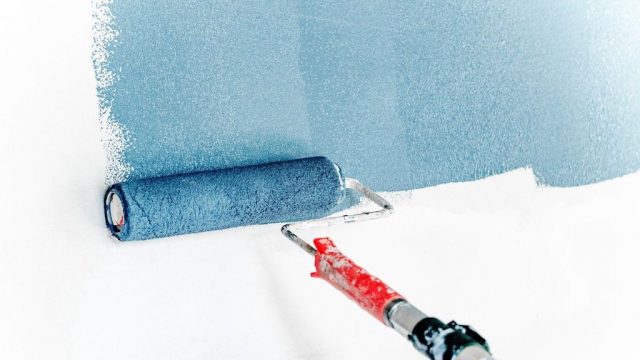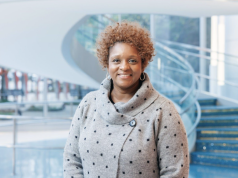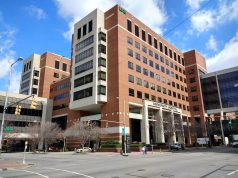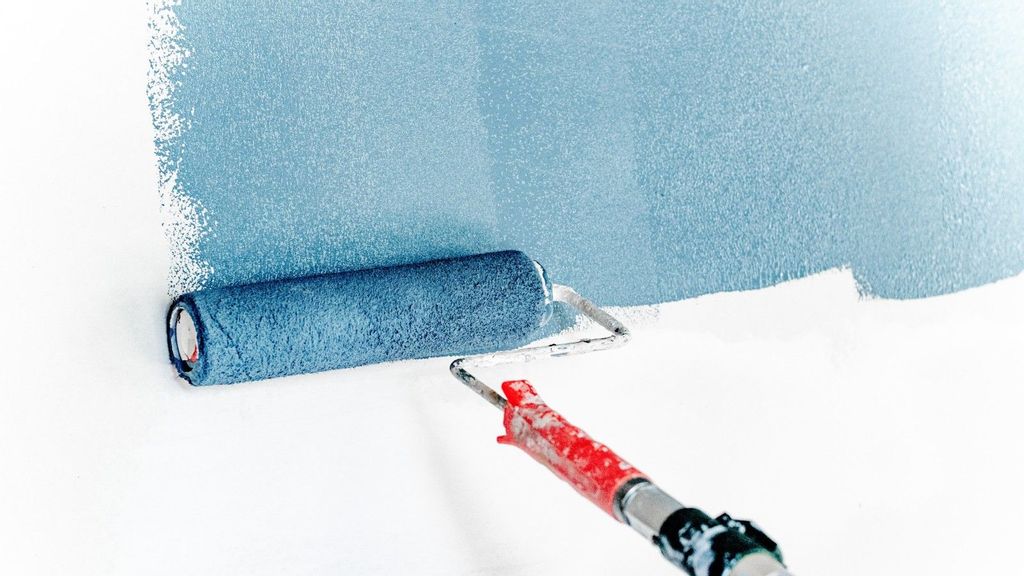
By Brian Blum
Trust us: You don’t want to get a listeria infection.
The bacterial infection is fatal in 25 percent of cases, even when treated with antibiotics, and 90 percent of people who get infected are hospitalized in the ICU.
Salmonella and E. coli, the other two big bad bacteria that cause food poisoning, are no walk in the park either, but people rarely die from them. Listeria is significantly deadlier and can even cause miscarriages.
Listeria primarily plagues food-production plants. These stubborn bacteria tolerate extreme low temperatures and dry weather, salt and acidic chemicals. They hide in cracks and small niches. If listeria contaminate your store-bought frozen hot dogs or ice cream, they’ll still be active when you consume the food at home.
Disinfectants such as chloride or bleach only last a short time — and in some cases, protection wanes after just a few minutes.
A new chemical antimicrobial paint additive from Israeli startup Bio-Fence stabilizes disinfectants. Once the enriched paint is applied to floors, walls and ceilings in industrial facilities, disinfectants last much longer, providing prolonged protection, Bio-Fence CEO Ofer Shoham said.
Bio-Fence’s additive enhances the ability of disinfectants to fight off E. coli and salmonella, too, but deadly listeria is the company’s main focus.
If health inspectors find listeria, the factory “must go into an extreme cleaning protocol,” Shoham said. “If it’s found a second time, production stops. The third time, the facility will be shut down entirely.”
Hot dogs
Bio-Fence’s paint additive has been under development for three years and is being used in four projects in Israel and another couple abroad.
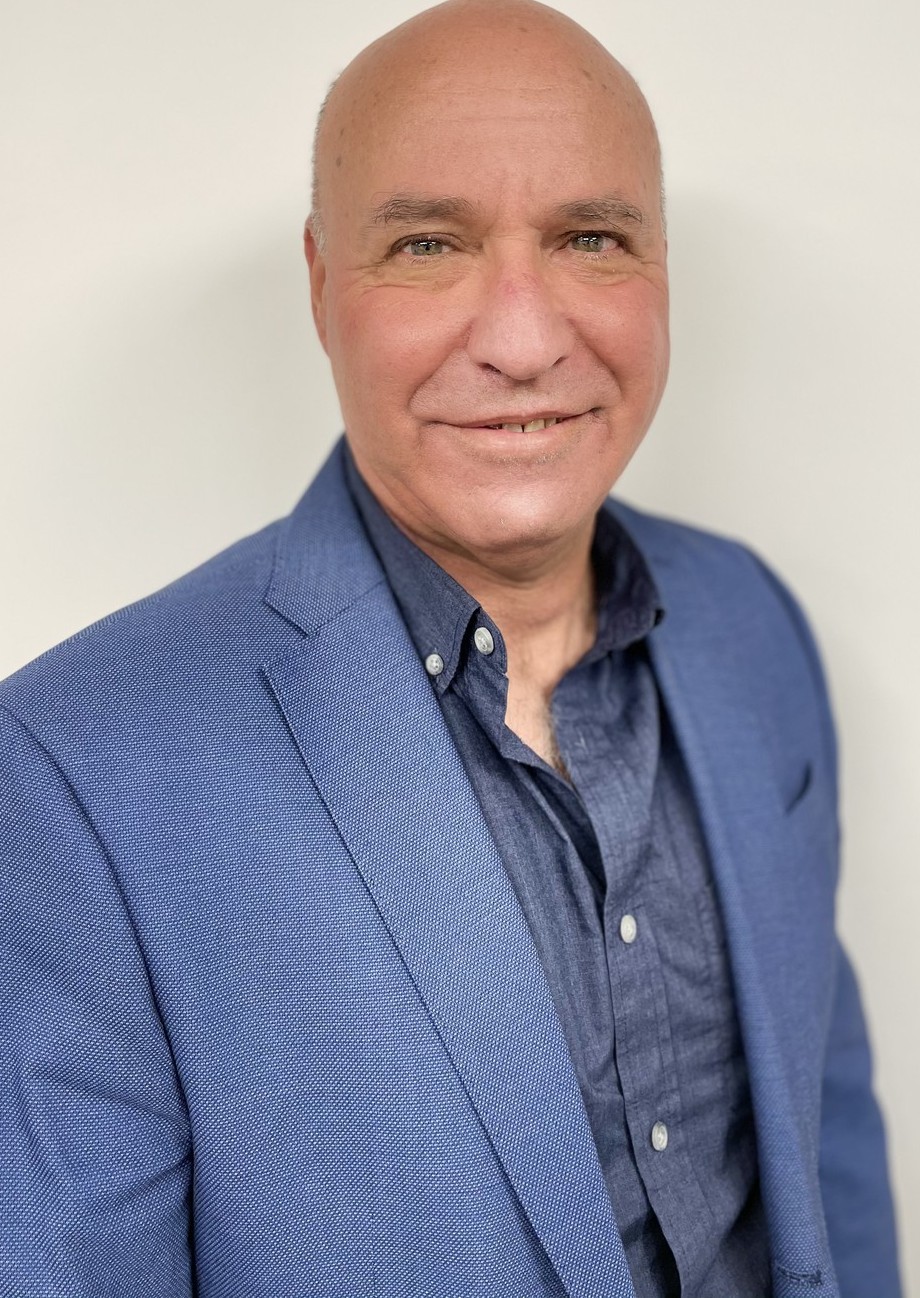
“We have one customer that’s already made a repeat order,” Shoham said.
In an 11-week proof-of-concept test earlier this year, paint with Bio-Fence’s antimicrobial additive was applied to the floor and lower parts of the walls of a hot dog “peeling room” in a major Israeli sausage manufacturing plant.
Despite repeated, strict cleaning, the facility had a continuous presence of listeria prior to the pilot.
The peeling room presented specific challenges to maintaining hygiene levels: It’s cold inside, there is significant humidity and condensation, and heavy movement of workers and equipment all create an environment where listeria can take hold and multiply.
During the three-week control phase, prior to the test commencing, listeria was detected in 91 percent of the daily floor samples.
Following the application of the Bio-Fence-enhanced paint, listeria was completely undetectable on the floor surface.
The pilot demonstrated a 99.9 percent reduction in the level of “gram-negative bacteria” and a considerable improvement in hygiene levels. All cleaning practices – including using a chlorine-based product – remained the same before and during the trial.
First to succeed
Shoham has been working with food hygiene throughout his 38-year career, most of it at Diversey, an American provider of detergents and cleaning solutions with a division in Israel.
Bio-Fence got its start in 2018 as part of The Kitchen food-tech hub in Ashdod.
“The Kitchen Hub asked if I’d be interested in working on a product that was originally more related to food packaging and machinery,” he said. “I told them it won’t work. We have no control on the level of sanitizer being bound to the surface. And it’s a heavily regulated field.”
Bio-Fence became a chemical technology company instead. The concept of mixing an antipathogen additive into paint is not new, Shoham said.
“It’s well-known and has been researched for many years. But no one had succeeded in making a product out of it.”
This product doesn’t need regulatory approval because it is not sold as an antimicrobial product. Shoham does hope that a recognized authority such as the FDA may adopt Bio-Fence’s system as a new standard for keeping facilities germ-free.
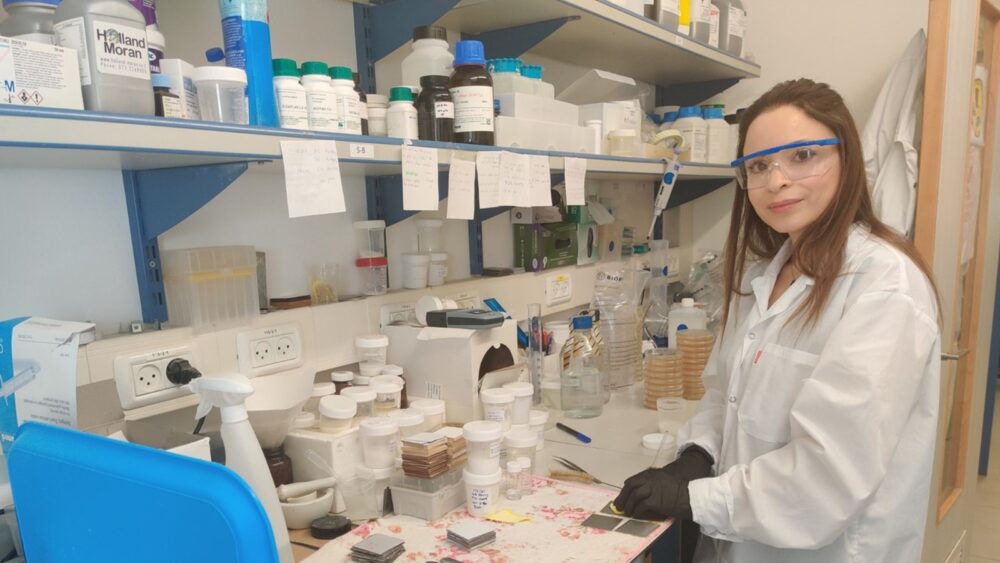
The company got a lot of attention during the early days of COVID-19 when “everyone was afraid of touching surfaces,” Shoham said, although it later became clear that it’s highly unlikely for Covid-19 to be transferred that way.
The seven-person company, which employs Jews, Muslims and Christians and has raised nearly $4 million, operates in Jerusalem’s Har Hotzvim high-tech center and in the Bar-Lev Industrial Park in Israel’s northern Galilee.
Protective paint
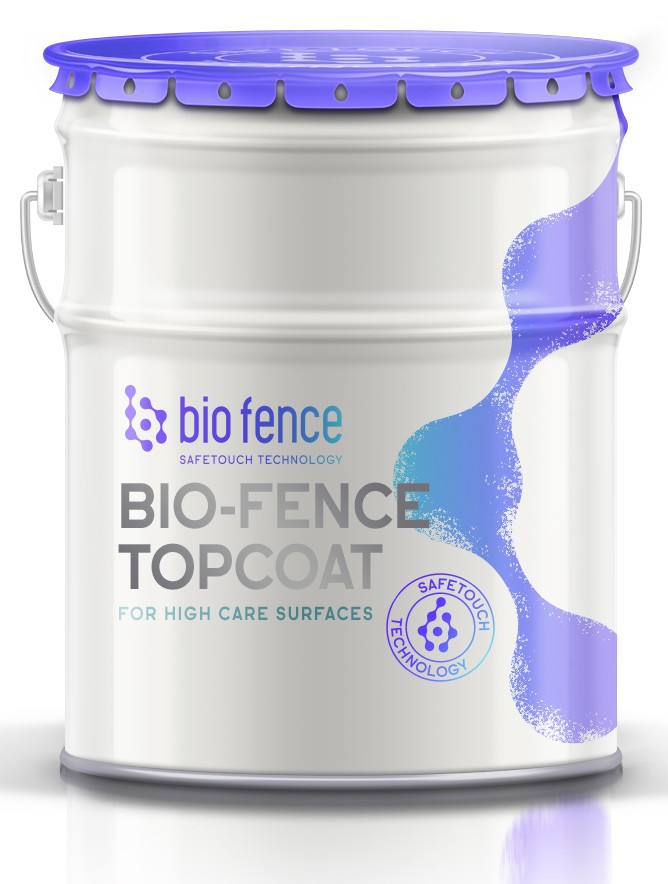
The company intends to sell the additive directly to paint manufacturers. Bio-Fence ran a pilot with the local licensee of Sherwin-Williams, one of the largest paint producers in the world.
Shoham expects the additive to increase the price of a normal floor or wall coating by 10-15 percent per square meter. The chemical additive “won’t damage the basic function of those coatings. We’re simply adding another quality to the paint.”
While you probably won’t know if the food you buy was made in a facility protected by Bio-Fence, it’s good to know Israeli innovation is working behind the scenes to keep us healthy.
For more information, click here.
Produced in association with Israel21C.
Recommended from our partners
The post New Paint Additive Protects Surfaces From Deadly Pathogens appeared first on Zenger News.

